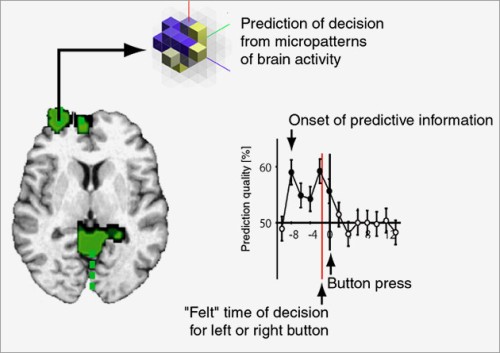
hitachi's brain scanner from Tech-On
Heard an amazing talk at Sense Towers the other week where Ian Jindal came to speak to us about e-commerce and the future of how we will consume! A brilliant and very frank presentation that he has given to a variety if audiences around the country but this time it was to us Sensers. Check out his presentation.
He spoke of issues that are changing thw way we shop online. Data has been mashed up in such ways that now real magic can be performed as more intelligent methods of using data are being applied to predict or maybe even affect our shopping habits. Using APML: attention profiling markup language , hypodata and epiphonomenology (esp), “digital businesses can now make use of behavioural data and interaction to propose a model to consider, anticipate and exploit the phenomena that arise from new uses of data, the ‘attention economy’ as it has now been coined.”
He also pointed out an amazing article that was discussed in Nature Neuroscience about brain scanenrs being able to see your decisions before you act on them, suggesting free will does not exist and how we unconsciously make decisions before our bodies realise and react: AMAZING!!!! NS link or WIRED link
By scanning the brains of test subjects as they pressed one button or another – though not a computer mouse – researchers pinpointed a signal that divulged the decision about seven seconds before people ever realised their choice. The discovery has implications for mind-reading, and the nature of free will. “Our decisions are predetermined unconsciously a long time before our consciousness kicks in,” says John-Dylan Haynes, a neuroscientist at the Bernstein Center for Computational Neuroscience in Berlin, who led the study. It definitely throws our concept of free will into doubt, he adds.

This schematic shows the brain regions (green) from which the outcome of a participant's decision can be predicted before it is made. Courtesy John-Dylan Haynes and Wired.
